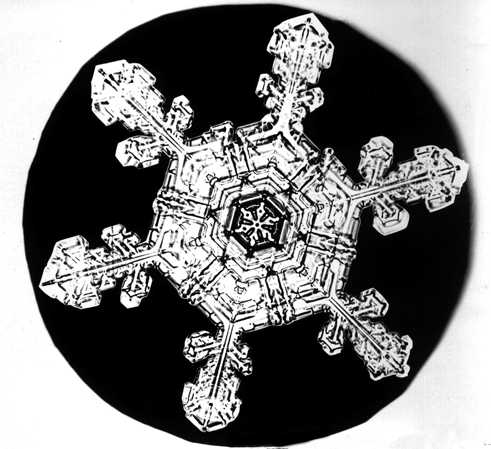Earlier this week, the San Francisco Chronicle (and other sources) reported that
Apple’s Steve Jobs, in a display of his master-of-the-universe clout, had directed his company’s stores to get rid of books from a publisher that’s coming out with a Jobs biography in May.
Today, The New York Times gets around to the story. Much is made of the book’s title, “iCon: Steve Jobs, the Greatest Second Act in the History of Business.” Call me obtuse, but when I saw that the other day, I thought it sounded like hagiography. The Times points out that many read “iCon” as a double entrendre — that the title intends to convey the notion Jobs is a con man. In the article, the book’s co-author, Jeffrey S. Young, is kind of confusing on that point, saying both that rendering “icon” the way he did was meant only as a play on popular Apple product names: iMac, iBook, iPod, and iTunes, for instance. Later in the piece, though, Young is quoted as saying Jobs “has an amazing ability to con people.”
But Young’s real offense isn’t the title — it’s that he tried to breach Jobs’s self-crafted image as creator and savior of the personal computer revolution, product visionary, anti-Microsoft guru, movie-animation mogul, and all-around superstar. Handsome as all get out, too. From what you read about this “iCon” book, that’s how he’s portrayed. But when you’ve risen to the Olympian heights Jobs has — and he’s just one of a growing circle of tech supergeniuses who have all somehow singlehandedly saved the world — you can’t just let some schlub try to tell the public how great you are.
Fair enough. This kind of thin-skinned, hyper-controlling egocentrism among corporate titans is an old story.
What’s not so easy to resign one’s self to is that Jobs, in his pique, feels it’s necessary to punish all the other authors who’ve had Apple-related works put out by John Wiley & Sons, the publisher of “iCon.” For the unauthorized biographizing of one, all must be banned from Apple’s stores. Wiley says sales at Apple’s stores don’t make up a significant fraction of overall trade for the books in question. Still, it’s the nastiness of Jobs’s gesture that counts.
Maybe the best part of the story is that, except for its subject’s meddling, “iCon” likely would have gone unnoticed except among the most devoted Apple acolytes. Thanks to Jobs’s megagenius marketing move, it’s guaranteed a much bigger audience.


